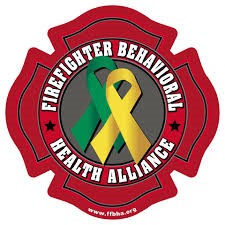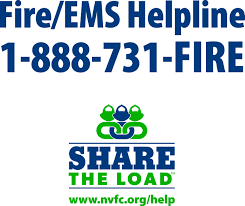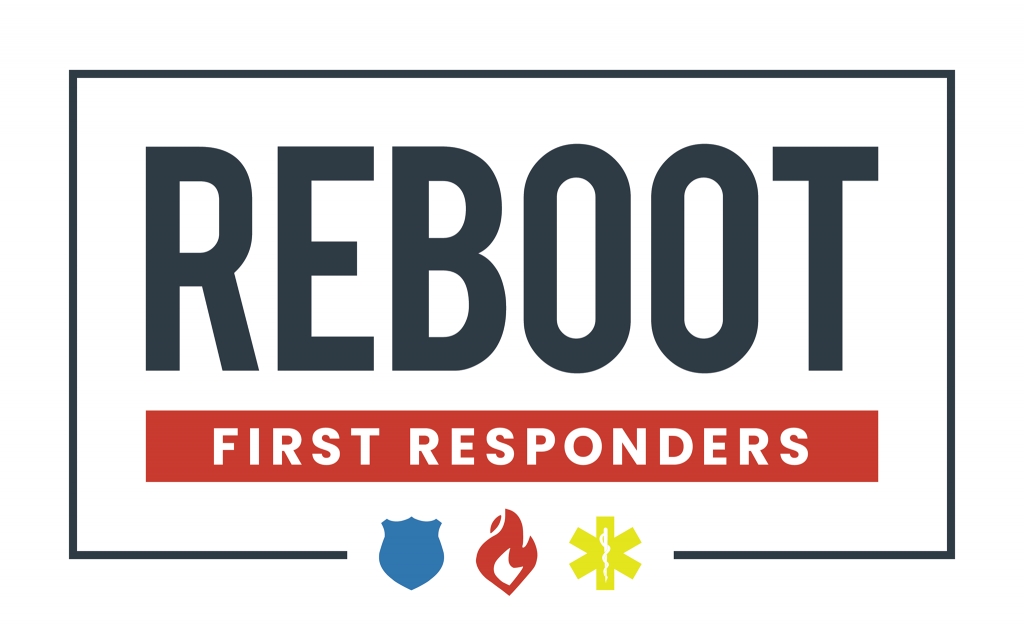
What’s Next?
Healing after the Suicide of a Loved One
“Don’t be afraid, for I am with you. Don’t be discouraged, for I am your God.
I will strengthen you and help you. I will hold you up with my victorious right hand.”
Isaiah 41:10 NLT
Being a permanent solution to a temporary problem, suicide has a devastating impact on people, families, and communities. Unlike illness-related deaths, suicide is usually sudden, severe, often violent, and typically unexpected, leaving loss survivors feeling unprepared and frequently traumatized. Shock, rage, remorse, and depression are all experienced by family members and friends, all making the grieving process more difficult. Suicide loss survivors typically feel anger and abandonment and are more likely to experience suicidal thoughts themselves.
Support for those grieving a suicide is often less because they cannot reach out for help – and because others do not know how to help.
Because of the stigma, shame, and isolation associated with suicide, suicide loss survivors often isolate themselves, responding with denial and acting as if everything is ok when it is not. The “need for a reason” will arise, causing the loss survivors to rethink their actions. Many “what if” questions will be asked. Due to the guilt, they may conceal evidence that a suicide occurred, making the death appear to be accidental or due to illness. Family members may refuse to talk about the death, many times keeping the details a secret. This may lead to confusion, isolation, and shame lasting for generations. Many family members often feel cut off after suicide.
As part of human nature, there is a great desire to pinpoint why the incident occurred. Suicide loss survivors may place blame on others even though the fault is not warranted. Anger is a typical response, demanding an explanation from God and being angry at others. Anger has to be dealt with positively and constructively to get away from its negativity.
Research by many organizations has concluded that suicide loss survivors are at an increased risk for thinking about, planning for, or attempting suicide. In a 2018 study by the National Center for Biotechnology Information, it is estimated that 115 people are exposed to a single suicide, and one out of five people, known as “suicide loss survivors,” report that the suicide incident had a devastating impact or caused a significant life disruption.
One study published in the National Library of Medicine showed that children who were exposed to suicide were four times more likely to report having attempted suicide in their lifetime than children with no exposure.
Grief
Grief is painful, distressing, and unbearable, something that nobody wants to experience. It is cruel, unrelenting, callous, and merciless. Grief is a normal and natural feeling that affects everybody. It only becomes an issue when left untreated.
Dictionary.com defines grief as:
- keen mental suffering or distress over affliction or loss; sharp sorrow; painful regret.
- A cause or occasion of keen distress or sorrow.
When grieving, there is intense sorrow or pain. When the suicide loss survivor’s focus is lost, they become numb or detached, and bitterness sets in. Many may experience grief and feel that life has no meaning or purpose; they cannot enjoy life and believe life isn’t worth living. Because of the negative feelings, people suffering from extreme grief may have suicidal thoughts.
How We Can Help
Suicide-related grief is never simple. Suicide loss survivors never “get over it.” With knowledge and assistance, these survivors can learn to accept the truth. Don’t be shocked by how strongly they feel. Occasionally, they could experience overwhelming grief without even realizing it. Recognize that suicide loss survivors may be dealing with explosive feelings such as guilt, terror, and humiliation, which are far more intense than those seen in other kinds of death. Be understanding, sympathetic, and patient.
Knowing what to say to a friend who has lost a loved one to suicide can be challenging. Even while you can’t make your friend’s pain disappear, your support could be essential to helping them get through this difficult time.
Active listening is a powerful tool in helping the survivors of loss. Suicide loss survivors are often surrounded by costly silence, which must be broken down. You must accept and acknowledge their feelings. Listen without judgment, argument, or criticism. Reassure them that crying, being angry, or breaking down is okay.
Suicide loss survivors may have terrifying and difficult-to-acknowledge thoughts and emotions. Don’t stress over what you’ll say. Focus on the words that are being spoken to you. Be compassionate by allowing the survivor to express feelings without fear of criticism.
Learn from the loss survivor and walk with them through their unpleasant journey. Help them mourn, as mourning is a pathway to healing. Suicide loss survivors often repeat themselves by telling the same story over and over. Always listen intently, realizing that retelling the story is part of the healing process. NEVER tell the survivor, “I know just how you feel,” because you don’t.
Clichés are phrases usually employed to reduce loss by providing simple solutions to difficult circumstances. It’s important to avoid comments such as “You look great, considering,” “It’s okay; time heals all wounds,” or “Stay strong for the sake of others.” These comments can be hurtful, often deepening the grief.
Be comforting; comfort gifts are a way to show caring. Sometimes, the simplest acts of kindness can be the most soothing. Offer items that provide a sense of warmth, security, and solace. A soft blanket, a cozy throw pillow, a luxurious bathrobe, or a calming essential oil diffuser can all be comforting gifts.
Resources for Healing
There are several resources available for the suicide loss survivor; here are a few links to websites offering support:
HOPE for the Heart How Jesus Helps Us in Our Grief
Alliance for Hope for suicide loss survivors
Suicide Prevention Resource Center, Resources for Survivors of Suicide Loss
American Foundation for Suicide Prevention, Living with Suicide Loss
T*A*P*S Suicide Loss Support: You are not Alone
The Spiritual Realm

Photo courtesy Aaron Burden – Unsplashed
In times of loss and grief, humankind has often turned to religious or spiritual beliefs and practices to find a framework, a way of dealing with or incorporating death, or constructing meanings for death and the world as people in ordinary or difficult times experience it. Despite growing secularism in some parts of the world, spirituality and religion are still elements of the cultural and sociological worldview of many societies, particularly when it comes to life and death. This is especially the case where death is tragic and violent.[1] For many, these beliefs and practices can provide comfort, a sense of community, and a way to make sense of the loss.
“If there is something we need more than anything else during grief, it is a friend who stands with us, who doesn’t leave us. Jesus is that friend.”
Billy Graham
Fortunately, we have a God who is MERCIFUL. We must turn to our family and faith during our darkest times for support. There may be feelings that the pain and suffering will never go away. But God’s word opens the heart and calms emotions, allowing the grief to be processed appropriately. God’s word will heal you. The Bible says, “The Lord is near to those who have a broken heart. And He saves those who are broken in spirit.” Psalm 34:18 NLT. God is with you, even when you don’t think so.
As First Responders, we swore to protect good and fight evil. Many have lost track of their priorities and have put the job first in their lives. If you are experiencing lower than usual sense of self-worth, depression or misplaced guilt, inability to specifically remember or talk about the trauma, feeling numb emotionally, dissociation (not aware of the present moment), a feeling of disconnection from your everyday lives, feeling hyper-aroused and vigilant for danger all the time, lashing out in irritability or unexplained anger, feeling jittery, or unable to concentrate on tasks at hand or other anxiety disorders, such as panic or intense distress, talk to someone and get help. Return to the basics: Put God First, Family Second, and the job further down in the order.
IF YOU HAVE THOUGHTS OF SUICIDE – GET HELP NOW
Law Enforcement – COPLINE (800)COPLINE (267-5463)
Firefighters / Medics – FIRE/EMS HELPLINE (800) 731-FIRE (3473)
- Burke, Laurie A., Robert A. Neimeyer, Meghan E. McDevitt-Murphy, Maria R. Ippolito, and J. Matthew Roberts. 2011. Faith in the Wake of Homicide: Religious Coping and Bereavement Distress in an African American Sample. International Journal for the Psychology of Religion 21: 289–307. ↑










